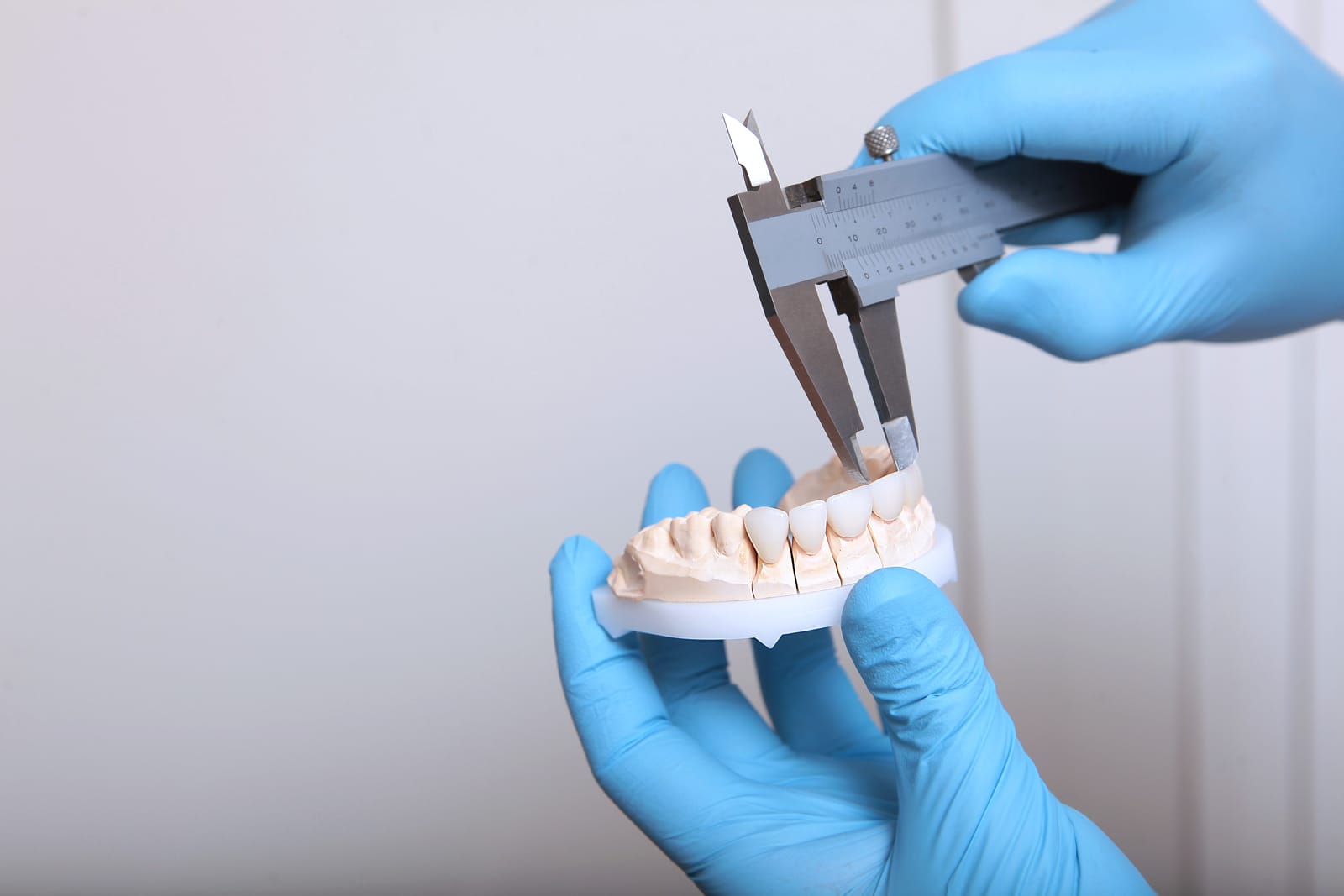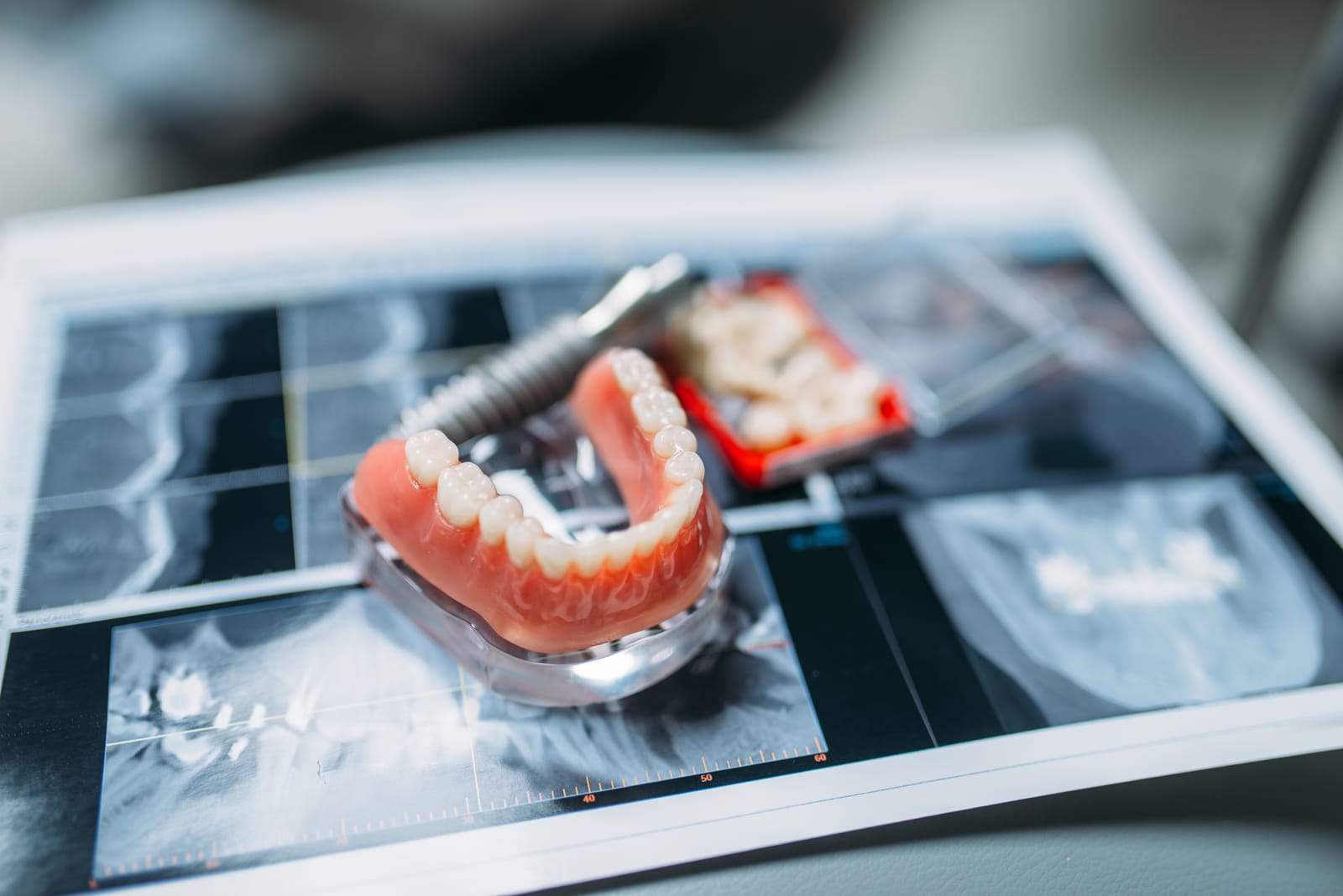Your Complete Guide: Composite Resin Veneers And Benefits
Are you unhappy with your smile? Small chips, gaps, or discoloration can make you feel self-conscious. Fortunately, composite resin veneers offer a simple solution. These tooth-colored coverings can transform your smile in just one visit.This comprehensive guide explains what composite resin veneers are and how they can benefit your oral health. We'll also cover the…


